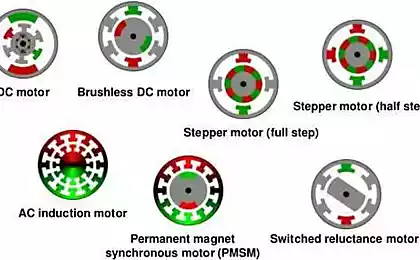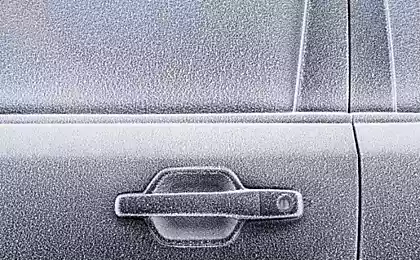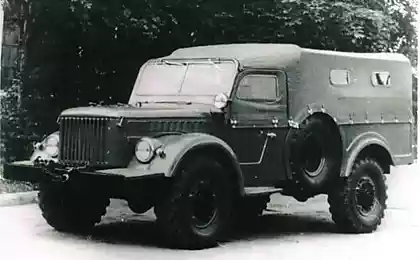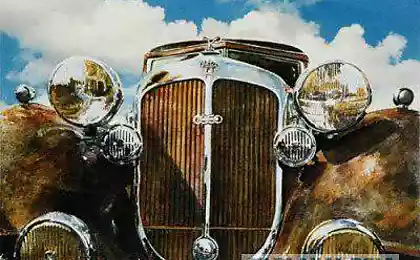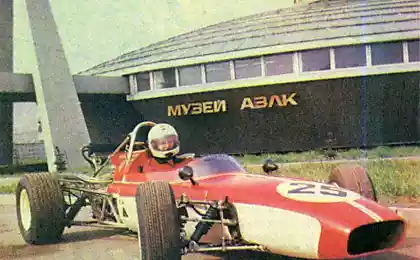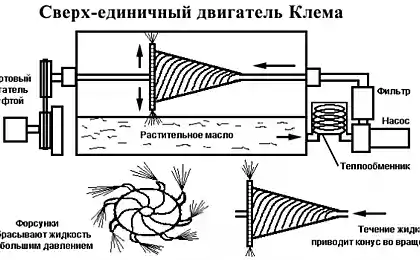Stop "warm up" the engine of the car! Especially in winter!
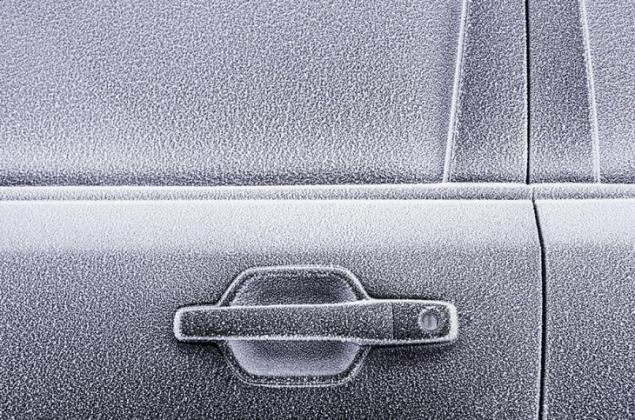
Kyatti last 26 years studying the internal combustion engines, t. e. the engines that burn liquid fuel to obtain energy. He currently oversees the work of even the Argonne National Laboratory in Illinois.
In short, such an expert conclusion:
Running the engine at idle, the car in cold weather not only causes you to waste fuel, but also harms the engine.
Because when the engine is running and the car is worth, congealed oil does not have time time to get to the cylinders and pistons. The result - increased, unacceptable burden on them.
How it works:
Under normal conditions, your car's engine runs on a mixture of air and vaporized fuel - take for example gasoline. The mixture enters the cylinder, the piston compresses it - and this leads to a micro-explosion, which energizes the motor.
But when it's cold, gasoline evaporates bad. Initially, your car is up for it by adding a mixture of more gasoline, so at first the engine and operates at higher speeds. And here the problems begin.
That animation that shows how the cylinders in the car to get energy:
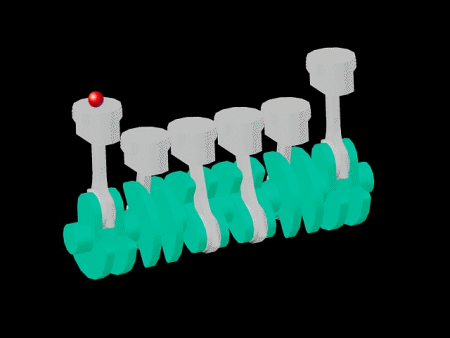
«The problem is that when the combustion chamber falls too much fuel, some of it remains on the cylinder walls. - Says Kyatti. - Gasoline - an excellent solvent, and it really washes away lubricant from the walls when you start the engine in the cold. This is especially important if the machine is long standing in the street and would not start ».
blockquote> This leads to insufficient lubrication of the piston rings and cylinder liners. But they are crucial to the launch of cylinders and pistons, t. E., In order to "breathe life" into the engine of your car.
Let us summarize. The main problem with frost - is that because of it thickens oil. As a result, friction units working "dry", the wear of mechanical parts in this case is much faster than usual.
But in any case the engine warms up faster - if you go or if you stand?
Conclusion: Contrary to popular opinion, the work of the engine at idle by not prolonging his life, but only the reduce it.
By the way, this is what the manufacturer says modern cars: none of them NOT recommends warming up the engine in the parking lot.
And further. If you Automatic Transmission, it is necessary to warm her. Of course, the only way to do it - go slowly, gently manipulating the gas pedal. It is enough to a few dozen seconds, how much time is usually required to leave the yard.
A simple solution h2> Once your engine warms up to 4, 4 degrees Celsius, the momentum will start to fall. And you'll see it on the scale of the tachometer. Along the way, you'll notice that the salon began to enter the warm air. But do not confuse the heat from the radiator to warm the engine!
"Idling will cause the engine to warm up more slowly than usual. This means that the electronics of the machine will continue to actively saturate the cylinder fuel mixture, "- says Kyatti.
So what is the quickest and best way to warm up the car - wait 30-60 seconds after you have started the engine, and quietly start moving. And you can and do not wait.
The main thing with this - do not actively pushing the gas pedal in the first minutes of movement. "Be gentle with the car in the first 5-15 minutes. So you save the engine from unnecessary stress, "- expert recommends.
Plus, it's corny unprofitable. Not enough warmed engine spends at least 12% more fuel, than usual. If you strongly press on the gas pedal immediately after leaving the road, then just spend the extra fuel, without receiving any benefits. This assures us a mechanical engineer at MIT.
The roots of the myth h2> Some myths die hard, and this - is no exception. The reason for it was the era when all petrol engines were carburetor
The key difference here is that the electronic fuel injection itself regulates the composition of the air-fuel mixture that enters the cylinder. Carburetor not know how to do so: it was not for this special sensor. But as machines with carburetors do not do, and the need to idle no.
Source Business Insider, translation Lifter
via factroom.ru






